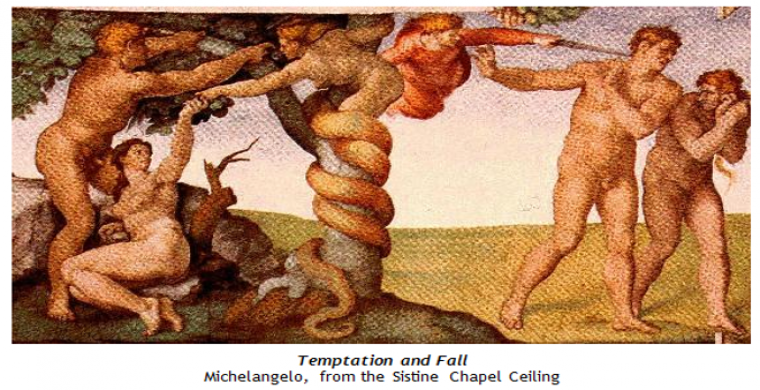The Serpent's Wisdom
By David G. Duggan
Special to Virtueonline
www.virtueonline.org
March 12, 2015
In my former professional life, I represented a number of people who skated close if not over the edge. Shady stockbrokers, unscrupulous meat purveyors, insolvent check artists all made my client list, and I was often tempted to ask how they could do what they did to a fellow human. But I refrained from doing so lest I succumb to a greater temptation: letting the system do unto them as they had done unto others.
Of course, I had other motivations not to delve into my clients' psyches: to get paid, to be known for my resolve in the face of adversity, to satisfy my own inclination never to give up. Nothing quite kills a client's desire to pay as much as his lawyer's questioning his honesty or thinking that his lawyer is not giving his best. Some may claim that my reticence was indulging my vanity, but as long as the legal system relies on a combat model, pitting two gladiators against each other in a courtroom battleground, then I guess we citizens have to live with it.
"Be wise as serpents, innocent as doves," Jesus told the Twelve as He sent them out to heal the sick. Jesus' use of these metaphors is puzzling. The serpent of course was the craftiest of God's creatures in the garden, but Jesus doesn't say "crafty as serpents"-- he says "wise." And the dove as symbol of the Holy Spirit and airborne messenger that the flood had passed was scarcely innocent as we might use the word. After returning to the ark with the olive branch, it departed, never to be seen again. Two hundred fifty days of confinement will do that to you. If anything, the dove teaches us that we have to be aware of both the visible and the invisible messages from creation.
Perhaps Jesus was driving at this: to have any effect on the world, we cannot be blind to the evil that envelopes us, yet we must acknowledge that we are part of that evil. Certainly my wisdom to the ways and wiles of the world was enhanced by defending people who may not have shared my moral vision. But my innocence? Have I become more cynical, less trusting, less willing to accept human foibles and realize that there but for the grace of God, go I?
The ultimate resolution of my wisdom and innocence won't come in my lifetime. But I can look forward to an eternity knowing that they don't matter in a kingdom where all creatures dwell in harmony.
David Duggan is a retired attorney living in Illinois














